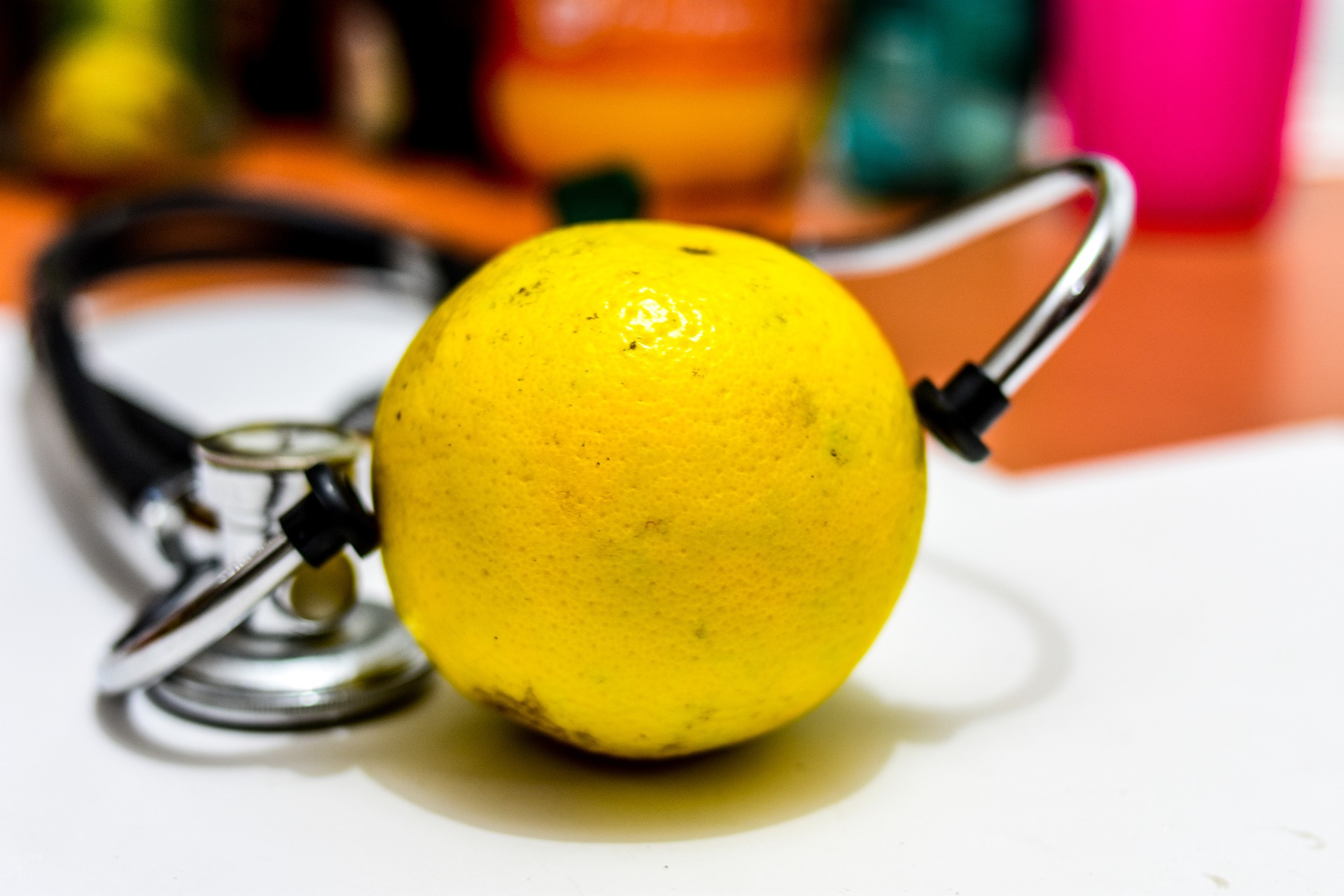Understanding Creatinine Levels: A Guide to Kidney Health and Management
Concerned about your kidney health or creatinine test results? This informational guide addresses common questions, from understanding normal and dangerous creatinine levels to exploring dietary choices and treatment options. Always consult a healthcare professional for personal medical advice.

Creatinine serves as a key biomarker for assessing kidney function. Produced naturally through the breakdown of creatine in muscle tissue, creatinine circulates in the bloodstream and is filtered out by the kidneys. When kidney function declines, creatinine accumulates in the blood, leading to elevated readings. Understanding these levels and their implications can empower you to take proactive steps in managing your kidney health.
Interpreting Creatinine Levels and Their Significance
Creatinine is measured through blood tests, typically reported in milligrams per deciliter (mg/dL) in the United States. Normal ranges vary based on age, sex, and muscle mass. Generally, adult men have creatinine levels between 0.74 and 1.35 mg/dL, while adult women typically range from 0.59 to 1.04 mg/dL. Higher muscle mass can naturally elevate creatinine without indicating kidney problems.
Elevated creatinine levels suggest the kidneys are not filtering waste efficiently. This can result from acute kidney injury, chronic kidney disease, dehydration, certain medications, or underlying health conditions such as diabetes and hypertension. Conversely, unusually low creatinine levels may indicate reduced muscle mass, malnutrition, or liver disease. Healthcare providers often use the estimated glomerular filtration rate (eGFR) alongside creatinine measurements to assess kidney function more accurately. The eGFR estimates how much blood the kidneys filter per minute, offering a clearer picture of kidney health.
Diagnosis and Treatment Options for Kidney Damage
When elevated creatinine levels are detected, further diagnostic tests help determine the underlying cause. Urine tests, imaging studies such as ultrasounds or CT scans, and sometimes kidney biopsies provide additional information. Blood tests for electrolytes, blood urea nitrogen (BUN), and other markers also aid in diagnosis.
Treatment depends on the root cause of kidney impairment. For acute kidney injury, addressing the immediate cause—such as dehydration, infection, or medication side effects—often restores kidney function. Chronic kidney disease requires long-term management strategies. Controlling blood pressure and blood sugar levels is essential for individuals with diabetes or hypertension. Medications like ACE inhibitors or ARBs help protect kidney function by reducing pressure on the kidneys.
In advanced cases, dialysis or kidney transplantation may become necessary. Dialysis mechanically filters waste from the blood when kidneys can no longer perform this function adequately. Transplantation offers a long-term solution but requires a suitable donor and lifelong immunosuppressive therapy. Early detection and intervention significantly improve outcomes, emphasizing the importance of regular kidney function monitoring for at-risk individuals.
Diet and Nutrition for Managing High Creatinine
Dietary modifications play a crucial role in managing elevated creatinine levels and supporting kidney health. Reducing protein intake can decrease the workload on the kidneys, as protein metabolism produces waste products that kidneys must filter. However, protein restriction should be tailored to individual needs under medical supervision to prevent malnutrition.
Limiting sodium intake helps control blood pressure and reduce fluid retention, both of which strain the kidneys. Processed foods, canned goods, and restaurant meals often contain high sodium levels. Opting for fresh, whole foods and cooking at home allows better control over sodium consumption. Potassium and phosphorus management is also important, especially in advanced kidney disease. High potassium levels can cause heart rhythm problems, while excess phosphorus weakens bones. Foods high in potassium include bananas, oranges, potatoes, and tomatoes. High-phosphorus foods include dairy products, nuts, and beans.
Staying well-hydrated supports kidney function, but fluid intake may need adjustment in advanced kidney disease to prevent fluid overload. Consulting a registered dietitian specializing in kidney health ensures dietary changes are safe and effective.
Role of Vitamins and Nutrients in Kidney Health
Certain vitamins and nutrients support kidney function and overall health, though supplementation should always be discussed with a healthcare provider. Vitamin D deficiency is common in individuals with kidney disease, as kidneys play a role in activating this vitamin. Supplementation may be necessary to maintain bone health and support immune function.
B vitamins, particularly B6, B12, and folic acid, help reduce homocysteine levels, which can damage blood vessels and kidneys when elevated. However, excessive intake of certain vitamins can harm the kidneys. For example, high doses of vitamin C can increase oxalate levels, raising the risk of kidney stones.
Omega-3 fatty acids, found in fish oil, have anti-inflammatory properties that may benefit kidney health. Antioxidants like vitamin E and selenium help protect kidney cells from oxidative stress. However, individuals with kidney disease should avoid excessive supplementation without medical guidance, as impaired kidney function affects how the body processes and eliminates nutrients.
Monitoring Kidney Function and Next Steps
Regular monitoring of kidney function is essential for anyone with elevated creatinine levels or risk factors for kidney disease. Blood tests measuring creatinine and eGFR should be conducted at intervals recommended by your healthcare provider. Urine tests checking for protein or albumin provide additional information about kidney health.
Lifestyle modifications complement medical treatment. Maintaining a healthy weight, exercising regularly, avoiding smoking, and limiting alcohol intake all support kidney function. Managing chronic conditions like diabetes and hypertension through medication adherence and lifestyle changes prevents further kidney damage.
If you notice symptoms such as fatigue, swelling in the legs or ankles, changes in urination patterns, or persistent nausea, contact your healthcare provider promptly. These may indicate worsening kidney function requiring immediate attention. Working closely with a nephrologist—a kidney specialist—ensures comprehensive care and timely intervention.
Understanding creatinine levels empowers you to take an active role in managing your kidney health. Through regular monitoring, appropriate medical treatment, dietary adjustments, and healthy lifestyle choices, you can support kidney function and overall well-being. Early detection and proactive management make a significant difference in long-term outcomes, helping you maintain quality of life while protecting this vital organ system.
This article is for informational purposes only and should not be considered medical advice. Please consult a qualified healthcare professional for personalized guidance and treatment.



